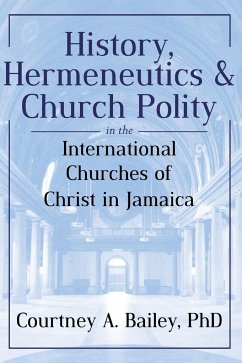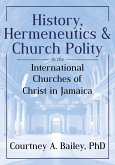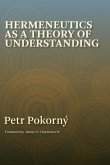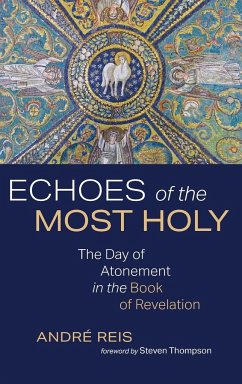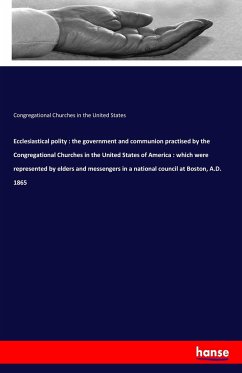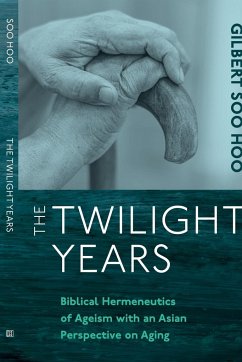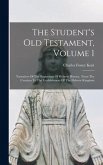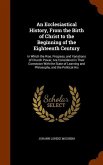How the church is to be organized and led is an important question for contemporary congregations. Whilst congregations generally contend that their church polity comes from the Bible, the reality is more complex. In this book, the author critically examines the claims of his own church tradition in the International Churches of Christ (ICOC)-a branch of the Stone-Campbell Restoration Movement-that its church polity is derived from a pattern found in the New Testament. By a critical examination of the history and hermeneutics of the ICOC and a careful exegesis of Titus 1:5-7 (an important passage for church polity in the ICOC), the author demonstrates that the church polity of the ICOC in Jamaica is not, in fact, based on a New Testament pattern derived from Titus 1:5-7 but is the product of its church history and hermeneutics. With applications beyond the ICOC, this study offers new ways of interrogating existing church polity and new perspectives on the age-old question of how to organize and lead the church.

